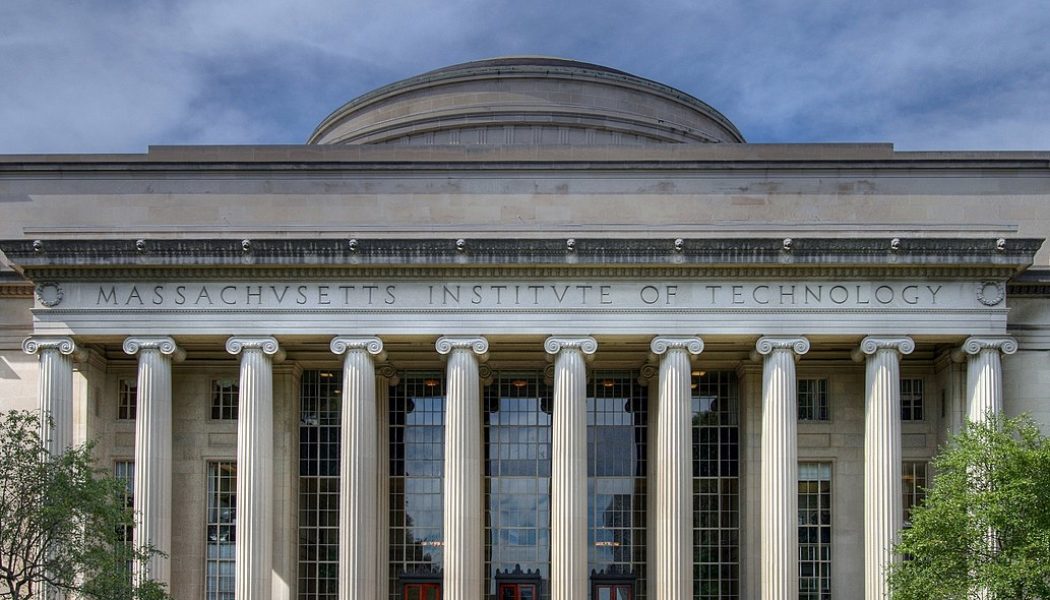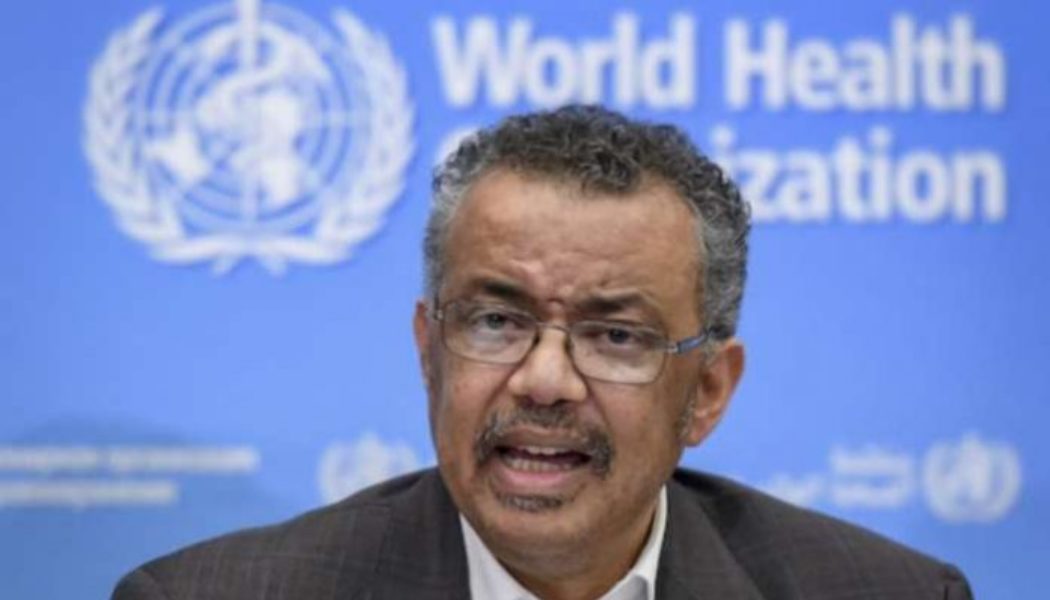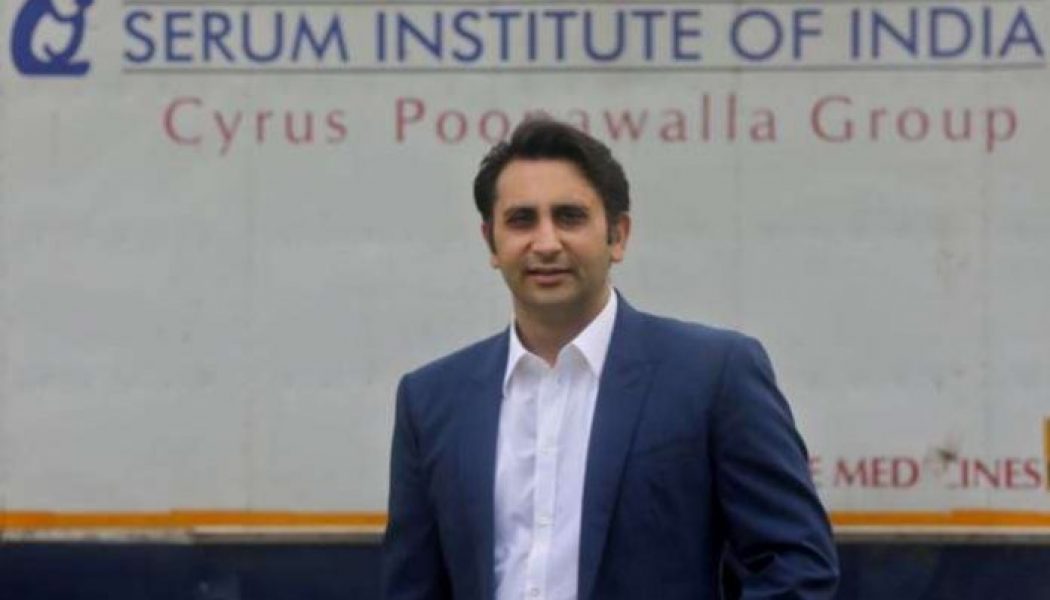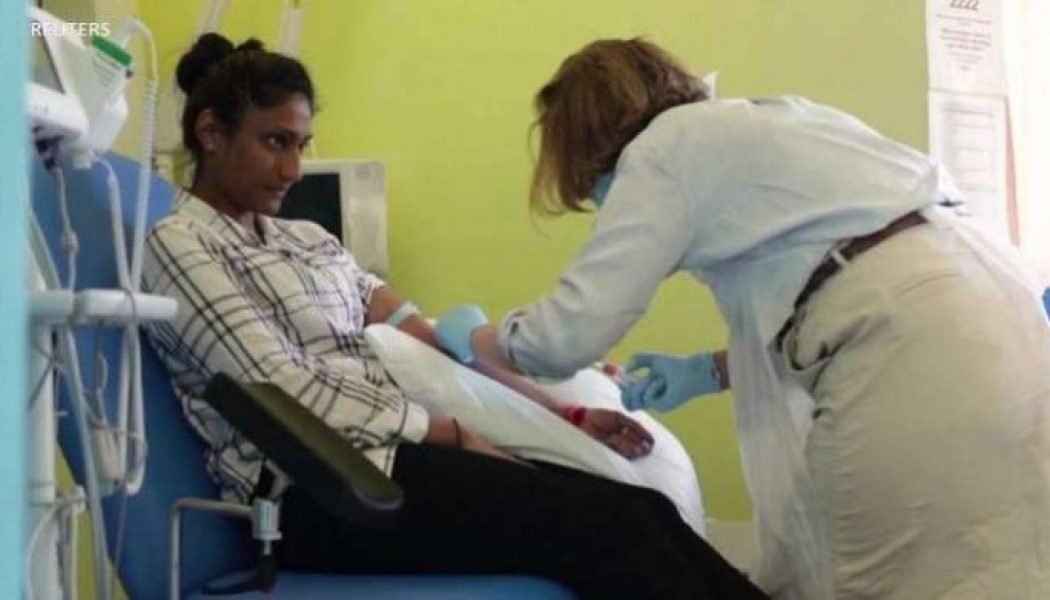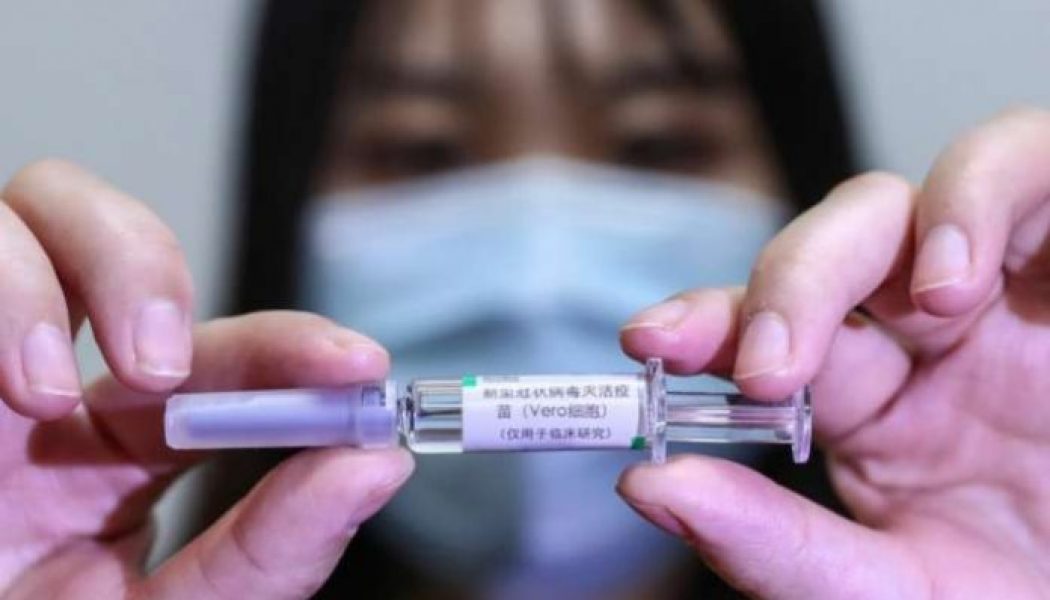Oxford
Top universities have added crypto to the curriculum
The world of digital assets saw a significant rise last year. The total cryptocurrency market cap reached $3 trillion, making more people, governments and universities take a closer look at the asset class. The presence of crypto in the world’s major economies has created a big opportunity for diverse startups in the industry, leading to a massive demand for digital assets. This newly born market has helped develop more working and educational opportunities, among other things. Furthermore, some of the world’s top universities and educational institutions including MIT, the University of Oxford and Harvard University, have added pieces of the burgeoning technology to their curriculums. Here are some of the top universities that have added blockchain-related subjects to their syllabus...
WHO seeks G7 support to meet vaccination targets
The Director-General, World Health Organisation (WHO), Dr Tedros Ghebreyesus has solicited the support of G7 health ministers to meet vaccination targets by the end of the year. In his remarks at the G7 Health Ministers’ meeting in Oxford, Ghebreyesus appealed to the ministers to provide leadership for strengthening WHO on sustainable financing. “First, we seek your support for reaching our vaccination targets for September and the end of the year; sharing doses with COVAX now is essential for achieving those targets. “We need 250 million doses by September and we need 100 million doses just in June and July. “As G7 nations, you are in a unique position to pool doses and make this happen; second, we seek your leadership for strengthening WHO, including through sustainable and predictable f...
Coronavirus vaccine breakthrough raises hopes of rapid global rollout
A coronavirus vaccine developed by Britain’s University of Oxford and the pharmaceutical firm AstraZeneca has shown successful results in early trials. If it is approved by regulators, the vaccine appears suitable for a fast rollout around the globe. Early analysis of trials involving 20,000 volunteers in Britain and Brazil show the vaccine is at least 62% effective after two doses. In volunteers given a different dosing regimen — a half dose, followed by a full dose — that figure rose to 90%. The average efficacy of the two dosing methods is 70%. None of those given the vaccine developed severe COVID-19 illness. Andrew Pollard, director of the Oxford Vaccine Group, said the recent successful trials of three different vaccines by Oxford-AstraZeneca, Pfizer-BioNTech and Moderna, represent a...
Two coronavirus vaccines proven safe for human – research
Two coronavirus vaccine have proven safe for humans and produced strong immune reactions among patients involved in separate clinical trials, doctors said Monday. The first trial among more than 1,000 adults in Britain found that the vaccine-induced “strong antibody and T cell immune responses” against the novel coronavirus. A separate trial in China involving more than 500 people showed most had developed widespread antibody immune response. The studies, published in The Lancet medical journal, constitute a major step on the road towards a COVID-19 vaccine that is effective and safe for widespread use. The authors of the studies said that they encountered a few adverse side effects from the vaccine candidates. However, they cautioned that more research was needed, particularly among older...
